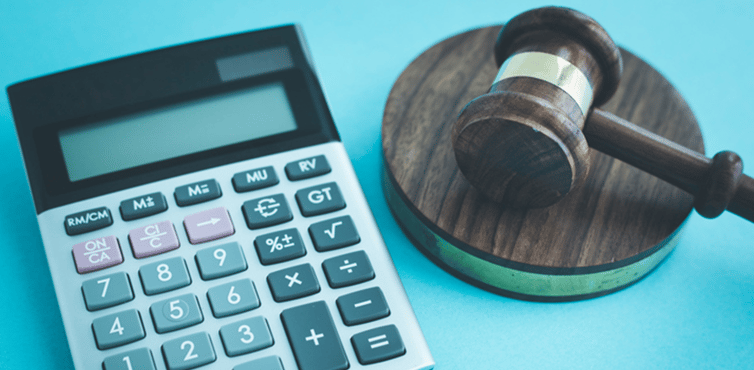
When you sign an agreement with a new client, the assumption is that they will hold up their end of the bargain and pay their invoices. Unfortunately, things don't always go as planned. If your client isn't paying, there are steps to take, before going to court, that could save the time and resources of litigation.
To increase your chances of getting paid, follow the steps below.
How to take legal action when a corporate client refuses to pay:
Before an Invoice is Due
Prior to the due date of an invoice, you already have options to prompt your client to pay on time. It starts with creating best practices for your accounts receivable department. These best practices include getting organized around invoicing, communicating regularly with your client and/or their accounts payable department, stating clearly and agreeing on payment terms in the contract, and knowing when payments are due or late.
Other best practices include:
- Automating your accounting processes
- Establishing a collections policy including clear expectations with regards to payments
- Creating an in-house collections process for dealing with non-payment of invoices
When a Payment is Due or Past Due
Your in-house collections process will detail the steps your accounts receivable department will follow in the case of an account that is unpaid. This process will give clear instructions so that the process is consistent and time is not wasted wondering what to do next.
Step One: Start with friendly payment reminders. If payment hasn't been received by the due date, an email or mailed letter may prompt your customer to pay. Wondering what to include in the payment reminders? Download free collection letter templates by clicking the button below.
Step Two: Move to a stronger late payment notice. Again, the collections policy will be included in the contract and detail what your customer can expect if they do not pay on time. If they are not responding to your initial payment reminders, they may need to be reminded of your options for collection.
Step Three: Send to a Commercial Collection agency. Customers that are non-responsive or refusing to pay should be aware that you will be referring their account to a commercial collection agency. Some agencies (like this one) do not charge a collections fee unless the account can be successfully recovered. Learn more about how the collections process works here.
Step Four: Lastly, if the balance and customer justify it, take legal action.
Options for Legal Action
Often, the threat of legal action alone will convince your customer to pay or negotiate. If the previous steps haven't worked, is it time to hire a lawyer?
Not just yet.
Enterprise Recovery can handle this entire process for late or non-paying business customers, from accounts receivable to bad debt to legal.
Accounts Receivable Clean Up: With E/R's A/R Clean up, our company represents your business in contacting those customers with past due invoices. You decide which limits should be included in the clean up. For instance, only those invoices that are 90+ days late or only those above a certain amount. The clean up can lead to an increased rate of receivables, a better A/R process for your organization, lower days sales outstanding (DSO) and at a lower rate than collections services.
Bad Debt Collections: Enterprise Recovery only charges a contingency fee upon recovery of your collections accounts. Our accounts dashboard means you can upload your past due invoices in minutes and view the collections process transparently.
Litigation: When your organization hires Enterprise Recovery, our in house legal team is available to help pursue a stronger collections effort. Business customers refusing to pay may not want to go to court, and instead will negotiate a settlement. Most of our clients receive settlements by taking this route instead of hiring an law firm.
If our in house legal team is unable to negotiate a settlement, we have a national network of local collection attorneys to help recover your account. We would only recommend this option as a last resort. Sometimes, the cost of recovery may be more than the value of the account and the account could be a write off. Our accounts receivable and commercial collection experts will offer the best options for your specific account(s).
Before pursuing litigation, understand that there are other steps to take to save your business time and money. Contact us today to see how we can help.





